Small traders at Tan Dinh market, District 1, Ho Chi Minh City - Photo: Q.DINH
National Assembly delegates asked directly and questioned carefully, and the minister also frankly stated the root of the problem as well as solutions to overcome it.
Remove the fear of abolishing lump-sum tax
The elimination of lump-sum tax for business households was questioned by delegates right from the first rounds. Delegate Hoang Van Cuong ( Hanoi ) pointed out that the elimination of lump-sum tax for business households from January 1, 2026 caused concern. Many delegates proposed to postpone the deadline, showing that business households are not afraid to pay taxes but are worried about complicated tax calculation procedures. What plans does the Government have to make the new tax collection convenient, professional and create excitement for business households?
Minister Nguyen Van Thang said that abolishing lump-sum tax from 2026 is the right policy of the Party and State, creating transparency in business activities, tax equality between business households and enterprises, promoting the transformation to the enterprise model and expanding the formal economy .
However, because the policy affects millions of business households, the ministry is preparing legally and technologically to support implementation, reducing procedural burdens and costs for business households.
In which, review and complete tax policies (amend the Law on Tax Administration, Law on Personal Income) in a simple, transparent, easy-to-implement direction, reducing pressure on business model conversion for business households. At the same time, strengthen digital transformation (electronic invoices from cash registers) to collect correctly and fully, reducing time and costs for business households.
At the same time, the electronic tax declaration system, invoice and accounting software will be provided free of charge to support businesses, especially disadvantaged business households, to promote digital transformation, improve the quality of public services and tax management. At the same time, communication, training and consultation on electronic invoices and tax declaration for business households will be enhanced, and close coordination with media agencies will be strengthened.
Delegate Pham Van Hoa (Dong Thap) pointed out that many households, individuals, and private traders are still confused about electronic invoices, afraid of being fined; others circumvent the law, forcing customers to pay in cash.
In response, Mr. Thang said that realizing that the implementation encountered many difficulties, the Ministry of Finance and the Tax Department have made efforts to guide, explain, and support businesses to the maximum and have not yet fined anyone. Later, when the implementation is complete, if any business deliberately violates the law, there will be sanctions. According to Mr. Thang, there are only a few cases of intentionally evading the law and violating tax laws, the Ministry will increase coordination and propaganda to end this situation.
Regarding taxes, delegate Nguyen Huu Thong (Binh Thuan) questioned the solution to strengthen tax management of business activities on e-commerce platforms, which are currently facing many difficulties, fraud affecting the state budget and unfair competition.
Mr. Thang stated that the Ministry of Finance has resolutely implemented regulations on invoices and tax payment responsibilities. Thanks to that, it has standardized 95% of the population database, connected and shared data with banks and e-commerce platforms; applied information technology, artificial intelligence (AI) and collected 23,000 billion VND in taxes from 158 foreign suppliers and 1,200 billion VND from 106,000 individual households. E-commerce tax collection in 5 months increased by 55%, reaching over 75,000 billion VND.
The Ministry of Finance will soon complete regulations on e-commerce, identification of organizations/individuals, guidance on electronic tax declaration, upgrading electronic portals, and accessing records from abroad. The database will be completed using AI to warn of fraud and review organizations/individuals with income from e-commerce and digital platforms.
Business households at Ben Thanh market, District 1, Ho Chi Minh City - Photo: THANH HIEP
Target of 2 million businesses by 2030
Delegate Dang Bich Ngoc (Hoa Binh) raised the issue that the world and Vietnam are still facing many economic difficulties, many businesses are withdrawing, production and business activities are difficult, putting pressure on the target of 2 million businesses by 2030 (Resolution 68). What solutions does the Minister have to develop businesses in terms of quantity and quality in the coming time?
Minister Nguyen Van Thang acknowledged that the target of 2 million enterprises by 2030 is very important, demonstrating a strong desire for economic development but also a big challenge with declining demand and difficulties at home and abroad.
Mr. Thang said that the Ministry of Finance focuses on creating a favorable, transparent, and effective business environment, removing barriers to entry and operation. In addition, it reviews and removes obstacles in investment, land, construction, and planning.
The Ministry also has solutions to promote the conversion of 5 million business households (the largest potential force to realize the target of 2 million enterprises) into enterprises. To do so, the Ministry of Finance is perfecting the legal framework, abolishing lump-sum tax (2026), supporting three-year corporate income tax exemption, abolishing business license tax, providing digital platforms and free accounting software, and improving management capacity.
In addition, improving competitiveness, prioritizing support for businesses in terms of land, capital, market, technology and digital transformation, helping businesses increase resilience and reduce market withdrawal.
From another perspective, delegate Duong Khac Mai (Dak Nong) pointed out that the Ministry of Finance's own report stated that the private economy is large but not strong due to inadequate and overlapping legal institutions. According to Mr. Mai, the National Assembly has issued resolutions 197 and 198 and amended related laws, the remaining issue is implementation.
Mr. Thang said that Resolution 68 of the Politburo and Resolution 198 of the National Assembly are turning points in development thinking, not only affirming the position and role of the private economy but also proposing comprehensive, comprehensive, and breakthrough policies, solutions to develop the private economy and promptly institutionalize policies and guidelines.
Regarding the implementation of the policy, Mr. Thang said that the issues that are mature, clear, important, and have great impact have been institutionalized in this resolution. The Government also issued resolution 139 to implement resolution 198.
On the other hand, the Government directed to urgently review and institutionalize issues within the scope of the law at the 9th session into draft laws, ensuring consistency and synchronization. Many draft laws were discussed, such as 12 projects of the Ministry of Finance serving Resolution 57 (Political Bureau), Resolutions 193 and 68 (National Assembly).
Finally, the Government assigned agencies to research, develop/amend legal documents related to the non-urgent tasks and solutions of Resolution 68. Urgent tasks have been assigned to ministries and branches to implement according to the Government's action plan (Resolutions 68, 197, 198), complying with six principles: clear people, clear work, time, responsibility, products, authority. The Ministry of Finance will submit to the National Assembly a comprehensive amendment of laws related to enterprises (including private enterprises) at the 10th session.
A series of stalls at Tan Binh market (Tan Binh district, Ho Chi Minh City) closed down due to fear of being fined for selling goods without valid invoices - Photo: NHAT XUAN
Taxes are not the reason why businesses close down.
Pressing the debate button, delegate Nguyen Thi Thu Dung (Thai Binh) said that tax on business households could lead to temporary or permanent closure, which has recently happened in many localities across the country. This has a direct impact on businesses, social consumption and the entire economy because these are unwanted risks of the policy.
In response, Mr. Thang said that information about business closures had been reported by VTV and General Secretary To Lam had commented when working with Hanoi. According to Mr. Thang, the recent implementation of tax policies coincided with the peak period of fighting against counterfeit and fake goods, causing many stores to close for fear of inspection, fines, and recall of poor quality goods, not because of tax policies.
"The tax policy has not changed at all, and there will even be more incentives in the future, for example, raising the tax exemption level from 100 million to 200 million VND," Mr. Thang said.
Fertilizer production at Phu My Fertilizer Plant, Ba Ria - Vung Tau province - Photo: QUANG DINH
Mobilizing resources to achieve double-digit growth
Delegate Doan Thi Thanh Mai (Hung Yen) asked: To achieve the growth target of 10% from 2026, large investment resources and high investment efficiency are needed. The growth scenario expects total social investment capital in the 2026 - 2030 period to increase by 20% per year, while in 2024 it will only reach 7.5%. What solutions can be found to increase mobilization and improve investment efficiency for breakthrough economic growth?
Minister Nguyen Van Thang said that to meet the investment demand of 40% of GDP (increasing by 17-20%/year) in the period of 2026-2030, the Ministry of Finance is coordinating to develop a growth scenario. According to international practice, with a growth rate of 10%, investment needs to reach approximately 40% of GDP. Therefore, it is necessary to improve investment efficiency (ICOR from 6-7 to 4-5) in the period of 2026-2030.
Regarding specific solutions, Mr. Thang said that first of all, we must prioritize the budget, striving to achieve 60% of the annual budget for development investment. There must be breakthrough and diverse solutions to activate and attract maximum investment capital (private enterprises, State, FDI, ODA, people), the state budget only plays the role of seed capital. Prioritize enterprises participating in projects (except security and defense).
Along with that, strongly develop capital mobilization channels from the capital market such as stocks, bonds, investment funds, financial funds and one of these solutions is that we must upgrade the stock market in 2025. Actively remove difficulties so that we can put backlogged projects nationwide into operation, starting about 5 million billion VND.
Finally, mobilize capital from credit institutions, especially from the commercial banking system.
Regarding investment efficiency, Mr. Thang emphasized the group of solutions to reform institutions and public investment management to reduce loss, avoid waste in capital management, and ensure that legal regulations are not inconsistent and do not overlap so that we can save resources.
Next, restructure the economy and optimize resources such as prioritizing investment in high value-added sectors such as processing and manufacturing industries, green economy, digital economy, and circular economy so that we can increase labor productivity, not spread investment and the State only focuses on essential infrastructure projects. Improve technological capacity and innovation, strengthen research and development, and train high-quality human resources.
Finally, administrative reform and business investment environment. How we must cut administrative procedures to fight corruption, waste and improve PCI index.
There should be lump-sum tax for poor households and small businesses.
Deputy Prime Minister Ho Duc Phoc assessed that the abolition of lump-sum tax is correct and in line with Resolution 68 of the Politburo. However, the Ministry of Finance needs to study and propose a lump-sum tax policy based on revenue, creating favorable conditions for poor households and small businesses.
For example, households with revenue under 1 billion VND should be taxed on a lump sum basis to avoid losses due to lack of input invoices and no tax refund. Households with revenue over 1 billion VND and a stable business location should collect tax based on invoices to ensure transparency, prevent revenue loss and encourage business development.
TIEN LONG - NGOC AN - THANH CHUNG
Source: https://tuoitre.vn/go-thue-khoan-thuc-ho-kinh-doanh-len-doanh-nghiep-20250620084710488.htm




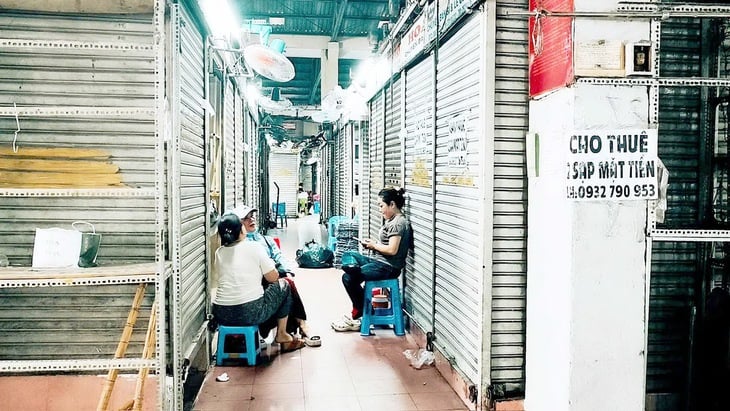
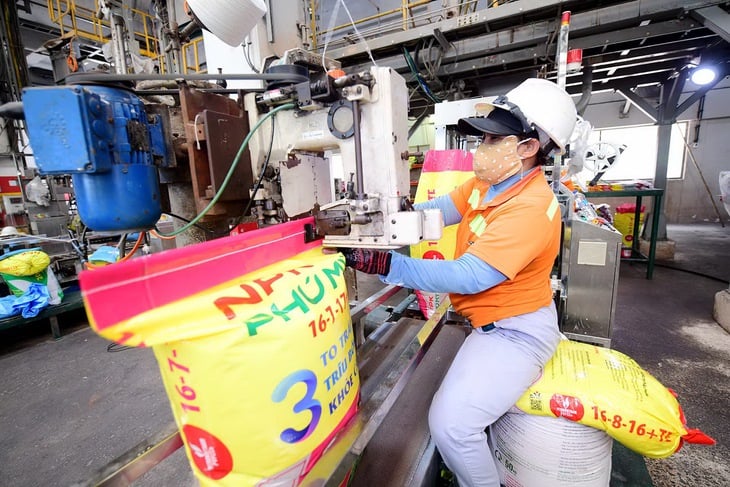

![[Photo] Close-up of Ba Ha River Hydropower Plant operating to regulate water to downstream](/_next/image?url=https%3A%2F%2Fvphoto.vietnam.vn%2Fthumb%2F1200x675%2Fvietnam%2Fresource%2FIMAGE%2F2025%2F11%2F25%2F1764059721084_image-6486-jpg.webp&w=3840&q=75)






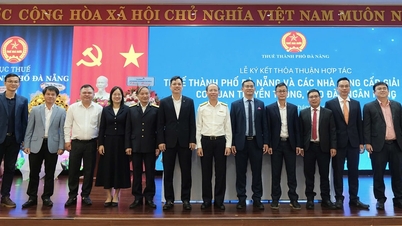

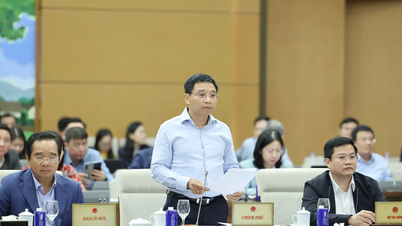



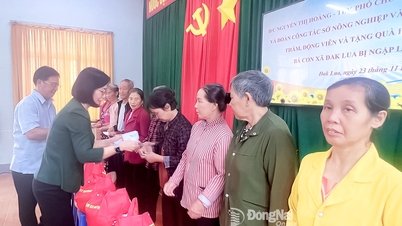

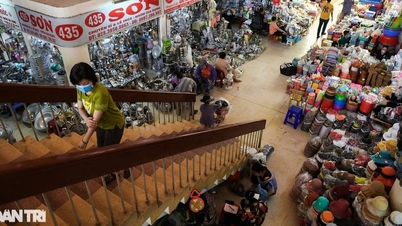

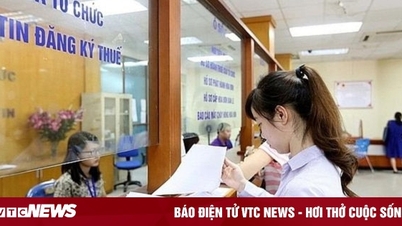





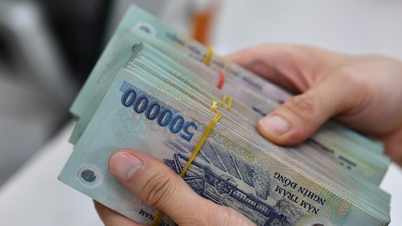










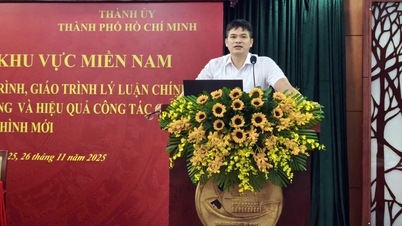









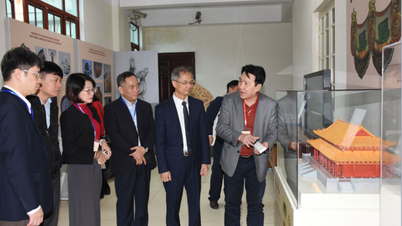








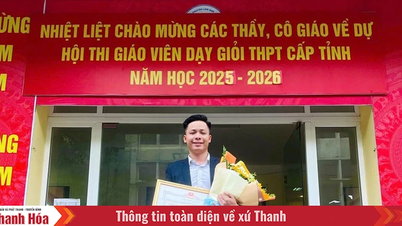

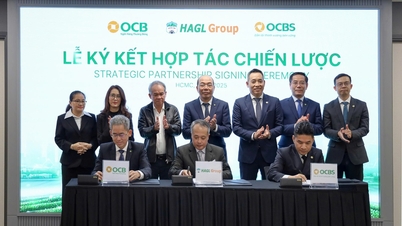

![[Answer] Should I install an elevator for an old renovated house?](https://vphoto.vietnam.vn/thumb/402x226/vietnam/resource/IMAGE/2025/11/25/1764039191595_co-nen-lap-thang-may-cho-nha-cai-tao-cu-khong-04.jpeg)


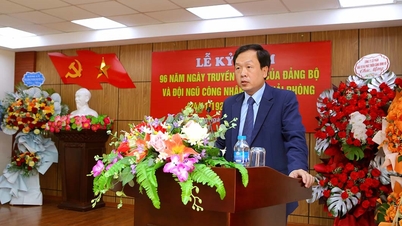












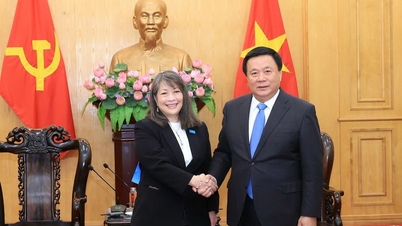

![[Photo] President Luong Cuong receives Governor of Kaluga province Vladislav Valerievich Shapsha](https://vphoto.vietnam.vn/thumb/402x226/vietnam/resource/IMAGE/2025/11/25/1764057337996_image.jpeg)


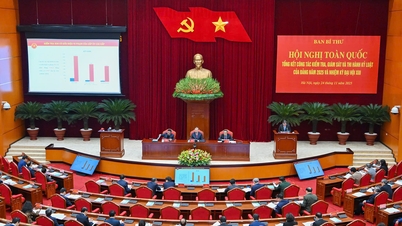



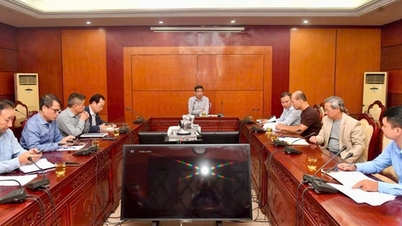


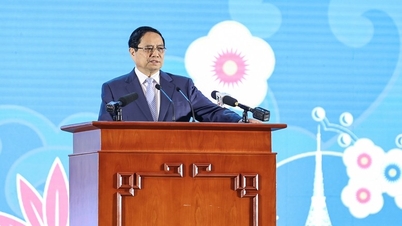


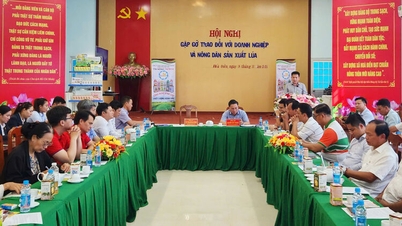

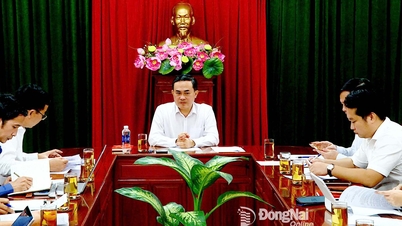
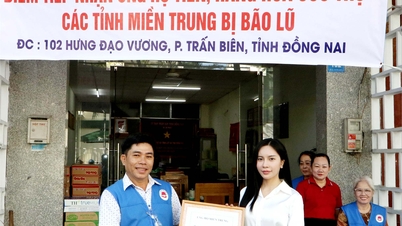


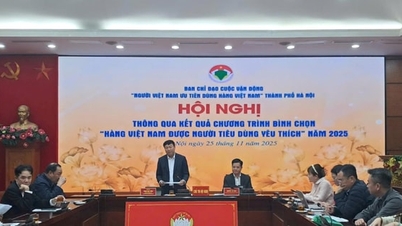














Comment (0)